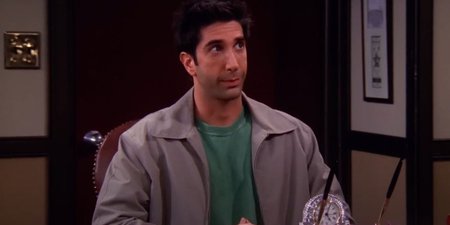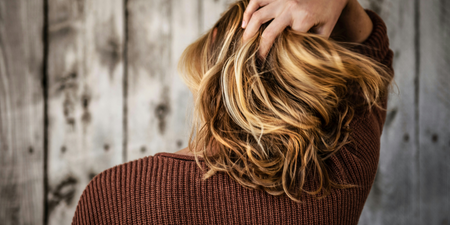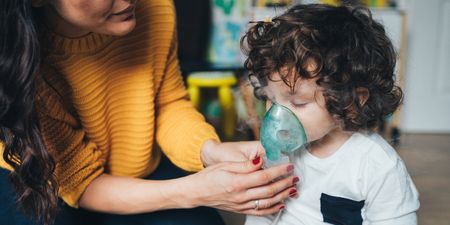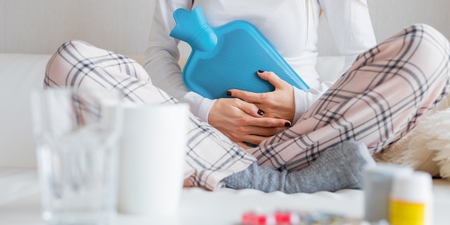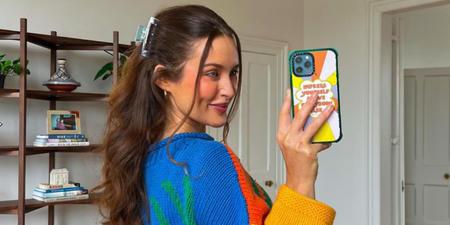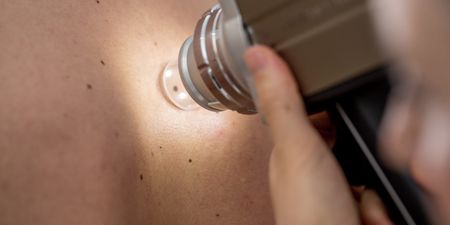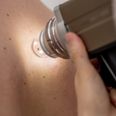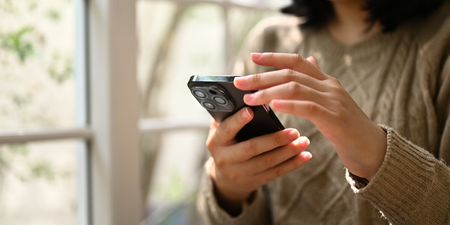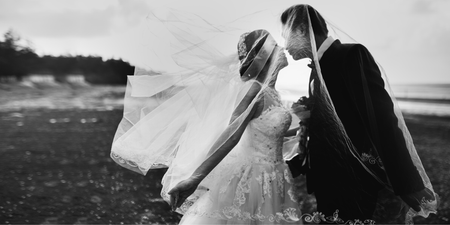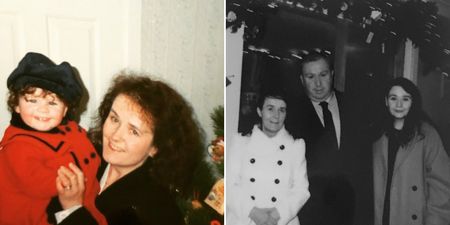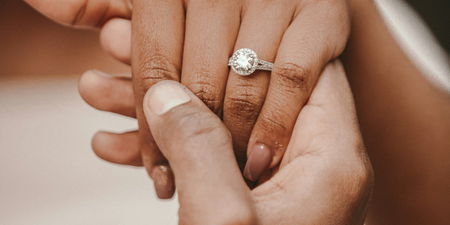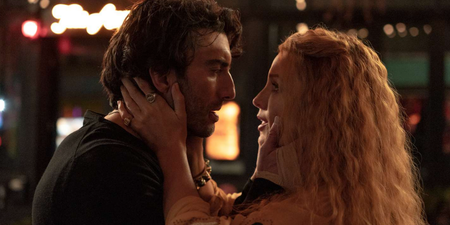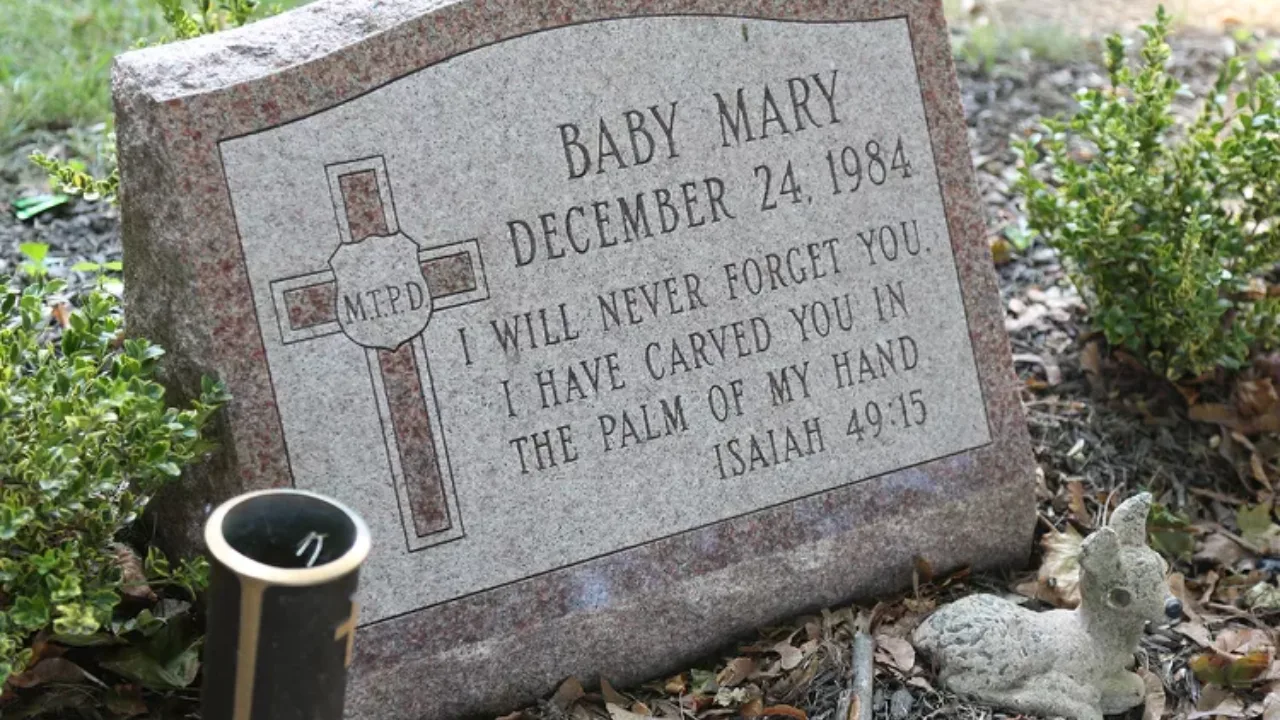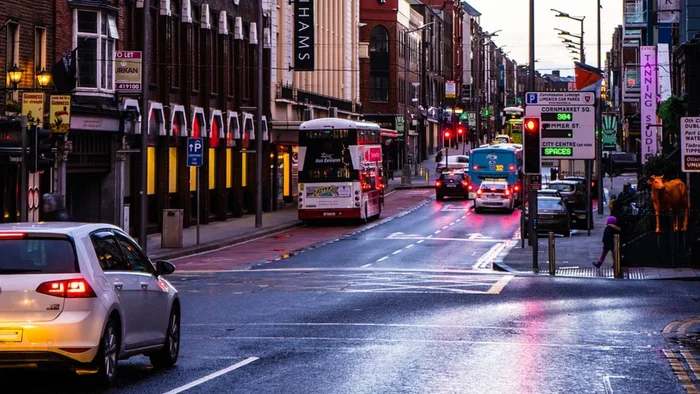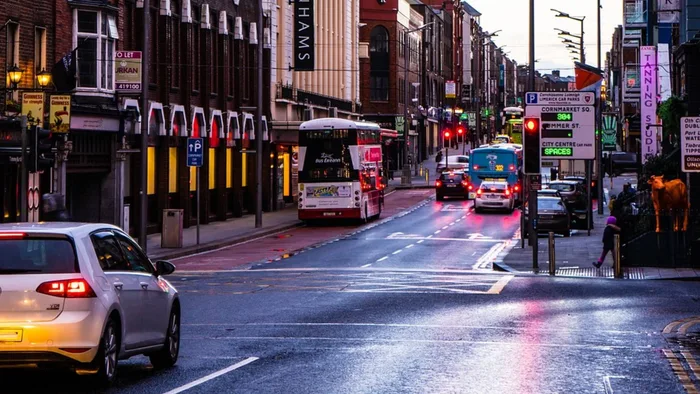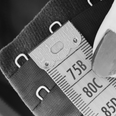Trish Collins has been battling arthritis for 19 years.
When her symptoms started kicking in at nine years old, Trish learned the hard way that arthritis definitely isn’t restricted to elderly people.
Here Trish tells us what it’s really like to live with arthritis…
When was the first time you felt that something wasn’t quite right?
Oh, it’s so long ago now, but I was first diagnosed when I was 11. About two years prior to being diagnosed I started having problems like flare ups and weaknesses in my hands and legs.
You mention problems with your hands and legs. How was it affecting you?
Well I wasn’t able to put any pressure on my hands or joints, so I wasn’t able to kneel down. I had no strength in my hands or my arms so, even things like pulling yourself in an out of the swimming pool, I wasn’t able to do that ‘cause I had no strength in my arms.
Then I started getting soreness in my fingers and stiffness in my hands. So in the morning my fingers would be stiff and I couldn’t do simple things like closing buttons on my shirt or even move my fingers around.
What made them diagnose arthritis? Obviously you were quite young when you started having symptoms…
It was actually after a lot of negative results for other illnesses first, because there really wasn’t much awareness for childhood arthritis at that stage.
It actually wasn’t until I got one really bad flare up with all my joints – where all my muscles and joints were hot and swollen – did doctors notice that this looks just like arthritis.
I was then sent to the children’s hospital in Crumlin, and that’s where the rheumatologist officially diagnosed me, but it did take about two years.
So what are the main symptoms you experience with your arthritis on a day to day basis?
Well day to day is now much better than when I was younger. During the night I tend to get a lot stiffer, so it takes me longer to loosen up and get my movement going in the morning. Hot showers are my best friend.
My work that I have now, it involves me standing all day long and I’m up and down stairs, so that can really affect the pain in my knees.
It really is a day by day basis, because if you have a busy day today, tomorrow and the next day you’ll find you’re pretty sore.
How much of an impact has arthritis had on your life growing up?
I think early on, it was quite substantial, especially when I was in school.
From the ages of 11-16, things were a lot tougher. The medication I’m on now I started when I was 16, and it changed things for the better from then on.
Things like school shirts and school uniforms, my mum had to help dress me. My mum had to do little things for me to make getting up in the morning run that little bit smoother, because my stiffness meant it took me that little bit longer.
Schoolbags, schoolbooks, walking to school, getting the school bus.
You’d be out by 8.30 and not home ‘til 4 or 5pm, and the fatigue you’d get would be quite exhausting.
Luckily I had a really close network of friends who were really good to me in school. My best friend used to carry my schoolbag for me everyday when I was having a flare up. I was quite lucky in that regard.
I think the hardest thing about dealing with arthritis as a teenager is one day you’ll be fine and then in the blink of an eye you’ll be in pain.
Did you sit down and tell your friends? Did you have a conversation? How did they react to hearing you have arthritis?
I guess some of my friends, my oldest friends, they like me wanted an answer. My best friend grew up with me while I had it.
Then when I met new friends in school, it kind of came up in conversation when they’d ask “why weren’t you in PE?” or “why are you in your slippers today?”
As you get a bit older, it might not be as obvious, but I choose to tell my close friends.
What advice would you give to other teenagers or children who have just been diagnosed with juvenile arthritis?
I’d start by saying there’s always hope. When you first get told, you think it’s an old person’s disease but there’s over a thousand kids in Ireland who have this disease, and I think we just need to create more awareness.
When I was growing up, I didn’t know any other kids, but there are other people and that’s why I’d suggest going away on the Arthritis Ireland Road Trips.
They’re just as important as any medication to any kid who has just been diagnosed.
Also, I’d say don’t be ashamed of it. There will be days when other people will have to do things for you that you can’t do, but for most parts, you can do whatever you set your mind to really.
I thought it’d make school harder, and school is hard, but you get there in the end.
The road might be a little longer, but you do get there.
Could you explain a little about the Arthritis Ireland children/ teenage events?
So, I’ve been volunteering for a few years with Arthritis Ireland. They organise teenage road trips every year.
There’s usually a small group of 20 – 30 teens who leave on a Friday and come back on a Sunday. All kids (aged between 11 and 17) have arthritis or other related conditions.
We get to go away to an adventure centre for the weekend where people get to try out activities they’ve probably never had the opportunity to, or might have been worried about trying before. There is also as some really good workshops, where they get practical tips on how to manage their flare-ups.
At the workshops, people get to talk about the experiences they’re having with arthritis and everyone can offer up tips and advice.
We all try to help give advice to overcome these problems because there will be older teenagers in the group who have had similar problems.
There’s a social aspect where you can talk to teenagers who know exactly how you feel, and there’s an activity side to it too.
So if they’re afraid that they’ll hurt themselves, they don’t have to do it, but it gives them the opportunity to try fields like rock climbing, or canoeing.
The thing is everyone knows what it feels like, so nobody has to feel bad if it’s a case that they feel tired or not able.
Also, you just get to know a lot more about your condition and how to manage it really.
Do you think there is a stigma attached to arthritis in Ireland?
I’m not sure if it’s a stigma, so much as a general lack of awareness. I think when you hear about arthritis in Ireland, people automatically think you’re talking about old people.
People hear it and say “oh my grand-aunt has arthritis” or “my grandad had arthritis” but I think we’re just trying to get across that you can get arthritis at any age.
I was lucky that at 16, the medication started working for me, but not all kids are as lucky.
It’s just about realising a lot of children are trying to work out how to handle their [arthritis] so it’s not always a black and white answer.
Finally, by supporting Arthritis Ireland, what does it mean for children with arthritis?
Well most of the funding that Arthritis Ireland gets is through donations. The fundraising and donations support a lot of the workshops, and the helpline and the road trips.
They’re all services that are going to help younger kids, but it also provides a great support network for families and friends of those affected.
It just means for teenagers they get to meet other kids, other teenagers and families who are looking to build a network, gather support and build a community of other people who knows how it feels and understands.
It really does mean the world.
For more information on Arthritis Ireland, or how you can get involved, click here.
To donate €4 to Arthritis Ireland, text PAIN to 50300.* For more information about child arthritis check out the video here.
*100% of your donation goes Arthritis Ireland across most network operators. Some operators apply VAT which means that a minimum of €3.25 will go to Arthritis Ireland. Service Provider: LIKECHARITY. Helpline: 0766805278







